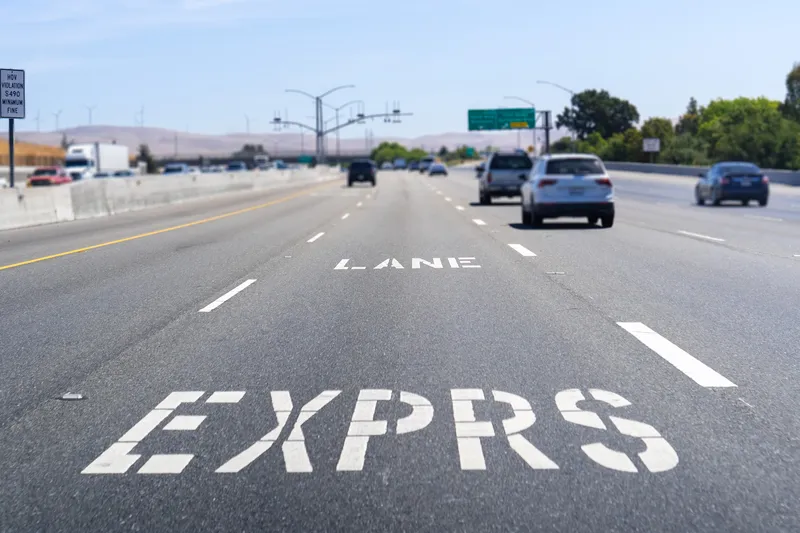Manila North Tollways Corporation (MNTC) has awarded Indra the design, supply, installation, and commissioning of the new toll control solution for its Subic-Clark-Tarlac Expressway (SCTEX) concession. The project includes the integration of the SCTEX toll control solution with that of the system that Indra recently implemented for the North Luzon Expressway (NLEX), the main motorway connecting the capital region of Metro Manila to the northern regions of the country. The contract, awarded in a consortium w
November 4, 2015
Read time: 2 mins
Manila North Tollways Corporation (MNTC) has awarded 509 Indra the design, supply, installation, and commissioning of the new toll control solution for its Subic-Clark-Tarlac Expressway (SCTEX) concession. The project includes the integration of the SCTEX toll control solution with that of the system that Indra recently implemented for the North Luzon Expressway (NLEX), the main motorway connecting the capital region of Metro Manila to the northern regions of the country. The contract, awarded in a consortium with Egis Philippines, is worth US$4.3 million to Indra and is due to be completed within a year.
The new contract includes a new control centre for the SCTEX highway, at 94 kilometres the longest in the Philippines, together with systems for 14 toll booths, 34 automatic entry lanes and 43 mixed payment lanes, fitted with toll and remote toll systems. With an increased variety of payment options, the system will be able to better adapt to specific needs of private cars as well as transportation companies, resulting to more efficient transactions at the tolls.
Using Indra technology will enable MNTC to operate the SCTEX and NLEX highways with the same platform, unifying the management of users, accounts, payment methods, back-office processes and fully integrating reports between the two systems. The platform will also facilitate the implementation of new payment methods, simplify processes and enable efficient adjustments to requirements or future integrations with other systems, thereby optimising costs.
The new contract includes a new control centre for the SCTEX highway, at 94 kilometres the longest in the Philippines, together with systems for 14 toll booths, 34 automatic entry lanes and 43 mixed payment lanes, fitted with toll and remote toll systems. With an increased variety of payment options, the system will be able to better adapt to specific needs of private cars as well as transportation companies, resulting to more efficient transactions at the tolls.
Using Indra technology will enable MNTC to operate the SCTEX and NLEX highways with the same platform, unifying the management of users, accounts, payment methods, back-office processes and fully integrating reports between the two systems. The platform will also facilitate the implementation of new payment methods, simplify processes and enable efficient adjustments to requirements or future integrations with other systems, thereby optimising costs.









